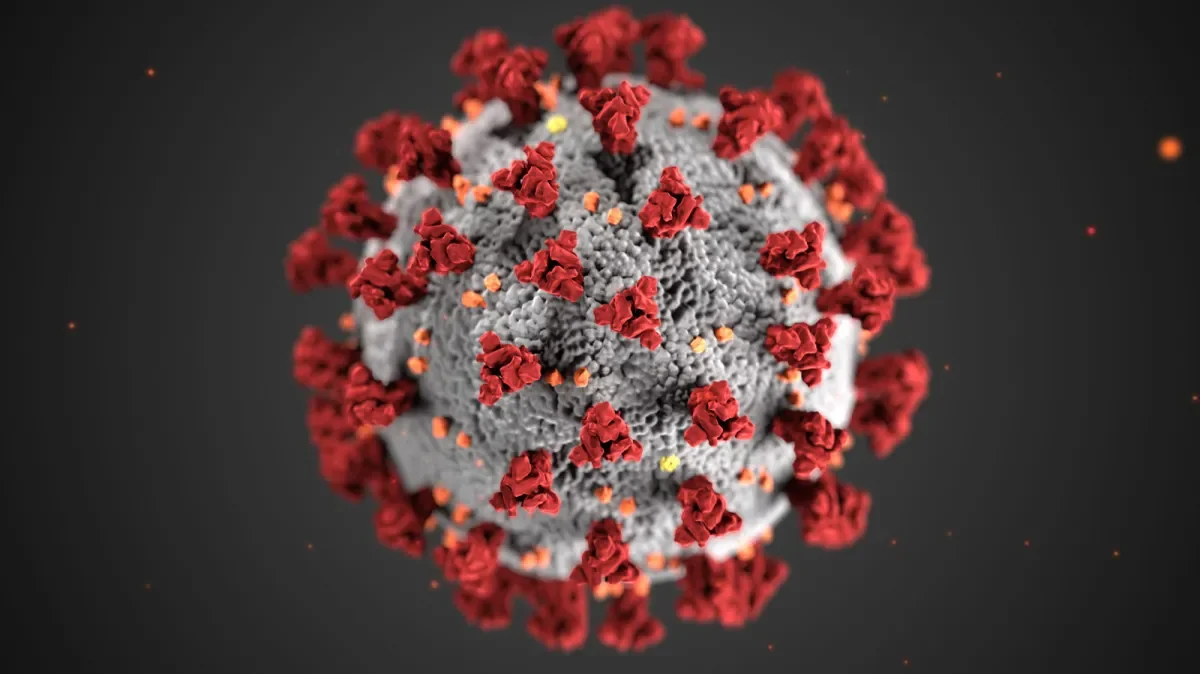
New research to examine COVID-19 care for the homeless
Research funded by the Research Collaborative in Quality and Patient Safety (RCQPS) and led by Dr. Briege Casey from DCU’s School, Nursing, Psychotherapy and Community Health will examine treatment of COVID-19 among the homeless population in Ireland.
Those who are homeless are incredibly vulnerable to contracting COVID-19. People with addictions and who are sleeping rough, experience a range of co-morbidities and health vulnerabilities. Additionally, contagion risks arise from poor access to infection control measures such as simply washing your hands. Social distancing in hostels is often difficult and self-isolation for those with symptoms extremely challenging. Frequently access to healthcare is limited at best.
The COVID-19 crisis has meant health and social care systems have had to rapidly adapt and put new processes and procedures in place for patients and all healthcare related workers.
For those who are socially excluded, nurses are often the most accessible and trusted members of the healthcare team; planning, delivering and evaluating health promotion and healthcare among hard to reach populations. Dr. Casey’s research, entitled An analysis of nurse-led COVID-19 interventions among homeless populations – a mixed methods study, aims to examine the characteristics of a selection of nurse-led COVID-19 interventions among homeless populations in Ireland. Through analysing the strengths/limitations of these initiatives, the research will identify what is most efficacious and will recommend best practice in systematic healthcare planning/provision in pandemic intervention among homeless cohorts.
Dr. Briege Casey said
“People who are homeless, particularly those with addictions and/or sleeping rough, already experience a range of illnesses and health vulnerabilities. There may be added risks from poor access/adherence to infection control measures. People tend to move around and many have inadequate healthcare access. Social distancing and self-isolation is very difficult for people in congregated/unstable accommodation.”
Dr. Fiona O Reilly, Safetynet Primary care said
“For those who are homeless, nurses are often the most accessible and trusted members of the healthcare team; planning, delivering and evaluating healthcare among hard to reach populations. This research, conducted by nurses and researchers in inclusion healthcare provision will help us to develop healthcare knowledge and practice in COVID-19 prevention and intervention.”
Dr. Mary Rose Sweeney, Head of School, Nursing, Psychotherapy and Community Health, said
“We welcome the opportunity to collaborate with this impressive group of nurse practitioners and researchers from a wide range of Inclusion Health contexts. We are delighted to have peer researcher involvement and wish to thank RCQPS for funding this project and supporting us with this important research.”
Study details
Title: An analysis of nurse-led COVID-19 interventions among homeless populations – a mixed methods study
Lead Researcher: Dr. Briege Casey, School of Nursing, Psychotherapy and Community Health (SNPCH), Dublin City University
Lead Knowledge user: Dr. Fiona O’Reilly, Safetynet Primary Care
Co-investigators- Research: Mary Rose Sweeney, SNPCH, DCU; Denise Proudfoot, SNPCH, DCU; Gobnait Byrne, School of Nursing and Midwifery, TCD
Co-investigators – Knowledge users: Niamh Murphy, Dublin Simon; Emma Coughlan, Safetynet Primary Care; Maxine Radcliffe, Homeless Healthlink CHO7, HSE; Jess Sears Depaul; Chris O Donnell, peer researcher; Sarah Jayne Miggin, Inclusion Health, Mater Hospital; Anne Marie Lawlee, Inclusion Health St James’ Hospital.
Collaborators: Steve Pitman, INMO; Raul Menendez, Homeless Healthlink CHO7, HSE; Lydia Barry, Safetynet Primary Care, Sinead Grogan, Safetynet Primary Care; Caroline Mulqueen, Safetynet Primary Care; Lauren Fitzsimmons, Safetynet Primary Care; Michelle Connolly, Dublin Simon, Joao Amaral, Dublin Simon.
